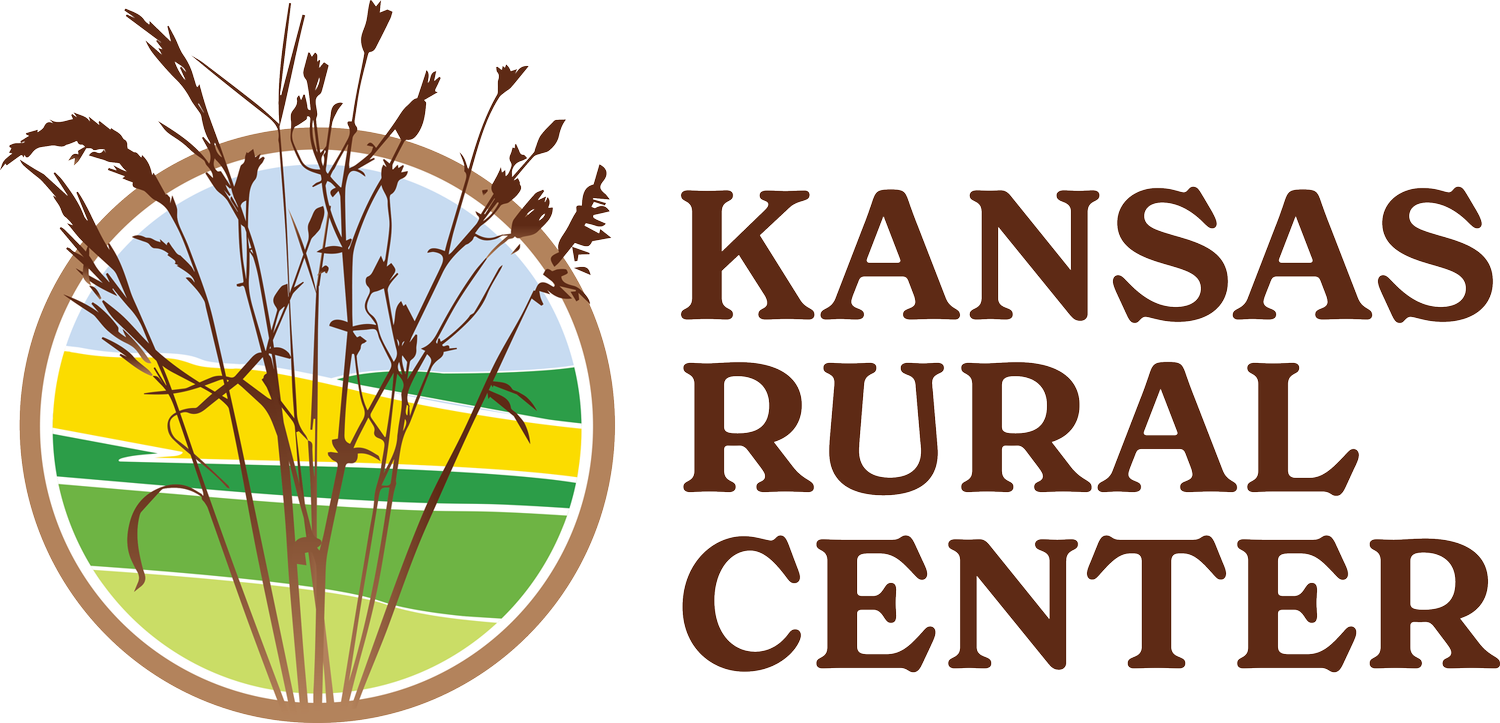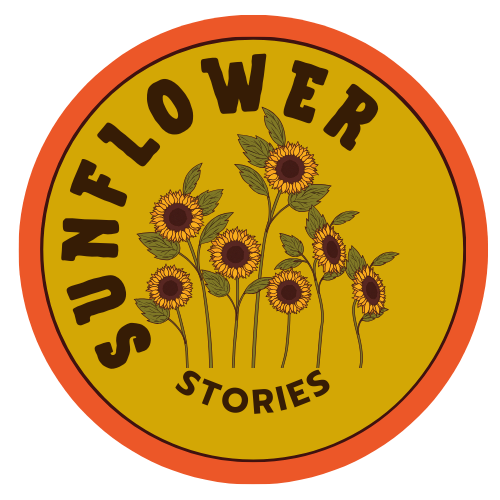
Integrated Voter Engagement
About the Integrated Voter Engagement Project
Since 2018, KRC has been involved in a statewide Integrated Voter Education project, aimed at improving economy, community, environment, and health in Kansas by strengthening civic engagement and public policy support that better incorporates Kansas farms and communities into the state’s healthy food supply chain.
As part of the project, KRC hosted “Voting for the Future: Dinner & Dialogue” forums and a series of Town Halls across the state, focusing on helping to inform communities on federal and state level food and farm policy updates, local and regional level efforts to strengthen community access to food, resources for farmers, and other critical issues, and offering a chance for communities to dialogue about civic engagement and ways to work together to reach the common vision of a healthy food and farm system.
State and local experts provided Kansans with information on federal and state level food and farm policy and action within the broader context of state budget and revenue issues. Local and regional leaders shared initiatives that are strengthening access to healthy food for all Kansans, resources for those who grow food, access to health resources, and other food and farm system needs. The forums also provided the opportunity for round table dialogue to reach deeper into food and farm system issues, examine the important considerations when preparing to vote, find ways to mobilize communities to vote, and discuss other topics critical to being an informed voter.
Being informed is critical to the choices we make. KRC wants Kansans to be informed and equipped to make the best decisions possible on food and farming, health and education, and other issues each election year. Taking time to listen and to share with others about community needs and public policy decisions is an important step in civic engagement and community health.
With an emphasis on the power Kansans have to create the changes they seek, Integrated Voter Education provides an opportunity to talk about what’s needed in communities, regions, and across the state and elevates ways to encourage peers to head to the polls, write letters to the editor, and increase civic engagement and community health.


